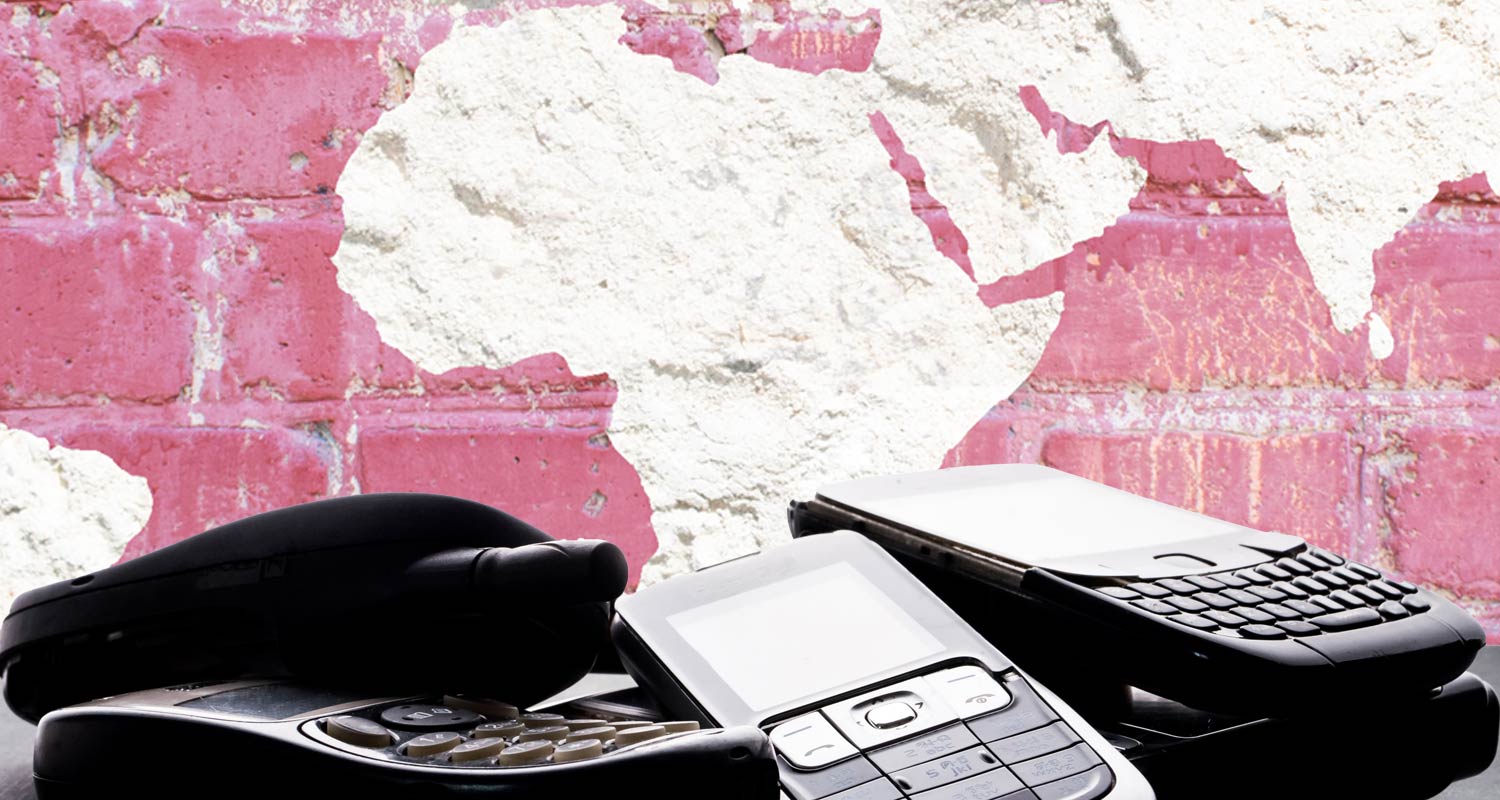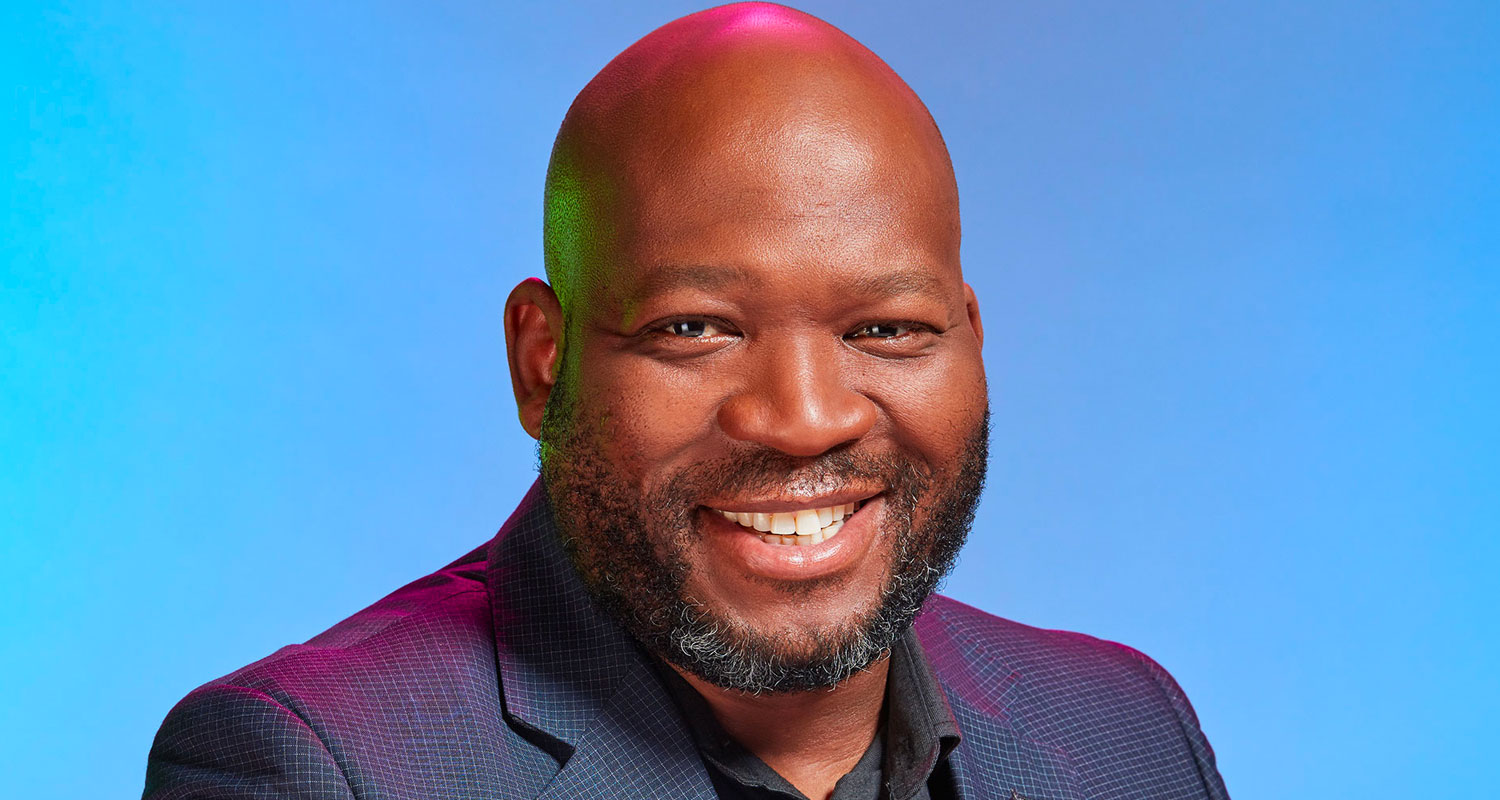 Infrastructure investments are strengthening Africa’s connectivity backbone, but the high price of smartphones and other smart devices is undermining the rate of digitisation.
Infrastructure investments are strengthening Africa’s connectivity backbone, but the high price of smartphones and other smart devices is undermining the rate of digitisation.
Device affordability – or unaffordability, to be precise – is hindering the adoption rate of digital services. This theme threaded through many of the discussions at this year’s AfricaCom event held in Cape Town last week. The same topic dominated the conversation at the Mobile World Congress held in Rwanda in October.
“In sub-Saharan Africa, smartphone affordability is a key barrier to using mobile internet in the region,” said the GSMA, a mobile operator industry body, in an October report on the state of the mobile economy in the region. “This is an area of growing concern, as reducing the internet usage gap is critical to closing the digital divide.”
The reason mobile connectivity is of particular importance – as compared to desktop, laptop or any other device type – is because mobile connections are the driver of internet adoption on the continent. Having contributed US$170-billion, or 8.1% to Africa’s GDP, in 2022, the GSMA predicts that mobile will contribute $210-billion to the African economy annually by 2030.
From an infrastructural perspective, many initiatives involving governments, private entities and public-private partnerships are converging to help improve the quality and reach of internet connectivity across Africa. Google’s Equiano subsea cable, for example, spans 15 000km along Africa’s west coast and is the highest capacity subsea cable on the continent. “Subsea cables drive down the cost of connectivity down the line,” Google Africa MD Alex Okosi told TechCentral in an interview.
While subsea cables bring high-capacity connections to a country’s coastline, more infrastructure is required to extend those connections further inland to those areas where people live. As such, governments such as those of Tanzania and Botswana are investing in fibre to boost in-country connectivity – especially to remote areas.
Subsidies
“In Tanzania, the government is giving subsidies to the private sector to put the infrastructure in place,” said Tanzania’s minister of ICT, Nape Moses Nnauye, at a ministerial conference at AfricaCom last week.
Meanwhile, telecoms companies are exploring the integration of satellite technology into their networks so they can provide ubiquitous coverage to the countries in which they operate.
The drawback, it seems, is that all this upstream investment is going to solve the coverage problem while internet adoption rates lag because users cannot afford devices.
Read: South Africa at risk of losing digital lead in Africa
The problem is already evident when internet usage rates are compared to the level of coverage. “Around 60% of the population does not use mobile internet despite living in an area with coverage,” said the GSMA, highlighting how feature phones, as opposed to internet-capable smartphones, dominate the African market.
One of the major inflationary factors increasing the cost of mobile devices is the imposition of high import duties and taxes by governments, which suppliers then pass on to consumers. In South Africa, the department of trade, industry & competition classifies a cellphone as a “luxury good” and taxes it accordingly.

South Africa’s approach is in stark contrast to the perspective given by Tanzania’s Nnauye at the ministerial conference: “Today connectivity is one of the human rights because it changes how we access other rights – be it health services, immigration or government services. It is the key to all these other rights,” said Nnauye.
Telkom Consumer CEO Lunga Siyo echoed the same sentiment, saying: “That import duty cannot be as high as if it is a luxury good – because it’s not.”
South Africa is not the only jurisdiction that imposes high import taxes on cellphones, so a change in perspective could benefit millions of people. But these governments are also reliant on the income these taxes provide.
“What they don’t see is that if they let the devices in, then there will be more revenue generated from the economic activity and that can then be taxed,” said Steven Barnwell, managing executive for networks at Vodacom Group.
The devaluation of the rand has also contributed to devices being more expensive. According to a blog post on investhouse.co.za, the average annual depreciation of the rand in relation to the dollar over the past 10 years has been -5.9%, equating to a compound annual average decline of -6.7%.
“Although device costs generally tend to decline over time, the USD/ZAR rate of exchange has declined year on year and hence has an impact on the cost of the device landed in South Africa,” said MTN chief sustainability and corporate affairs officer Jacqui O’Sullivan.
“The challenge in sub-Saharan Africa for manufacturers is to produce devices at a low enough price point to gain market share, particularly in the 5G and 4G markets, where devices remain prohibitively expensive for most regional consumers,” said the GSMA. — (c) 2023 NewsCentral Media

